What Do Anaheim Peppers Taste Like? A Flavorful Guide for Spicy Food Lovers
Table of Contents
Introduction: What Are Anaheim Peppers?
The Anaheim pepper, named after the city in California where it was first grown, is a versatile and mild chili pepper that has become a staple in many cuisines. Its long, slender shape and vibrant green color make it easy to identify, but it's the flavor that truly sets it apart.
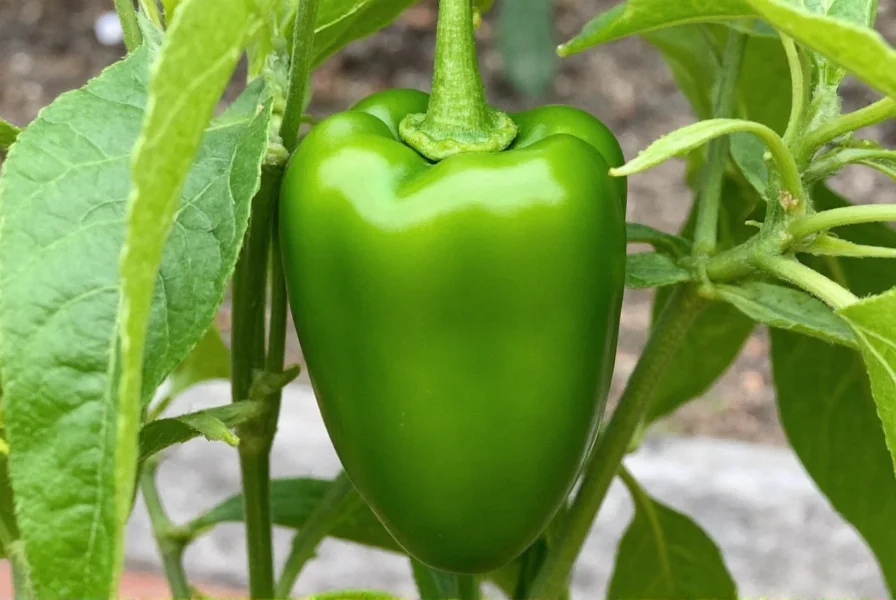
If you're new to the world of spices or just looking to expand your culinary horizons, understanding what do anaheim peppers taste like can help you make the most of this unique ingredient. Whether you're cooking for yourself, your family, or hosting a dinner party, this guide will walk you through everything you need to know about the flavor, uses, and benefits of Anaheim peppers.
Flavor Profile: The Taste of Anaheim Peppers
So, what do anaheim peppers taste like? Let's break it down:
- Mild Heat: Unlike jalapeños or habaneros, Anaheim peppers are on the milder side of the heat spectrum. They offer a gentle warmth that won't overwhelm your palate, making them perfect for those who enjoy a bit of spice without the fire.
- Sweetness: These peppers have a subtle sweetness that balances out their mild heat. This makes them ideal for dishes where you want a touch of flavor without too much intensity.
- Earthy Notes: Some people describe the taste of Anaheim peppers as slightly earthy, similar to a mild bell pepper but with more depth. This gives them a unique character that pairs well with a variety of ingredients.
- Smoky Undertones: When roasted, Anaheim peppers develop a smoky flavor that adds complexity to any dish. This makes them a favorite among grill masters and barbecue lovers.
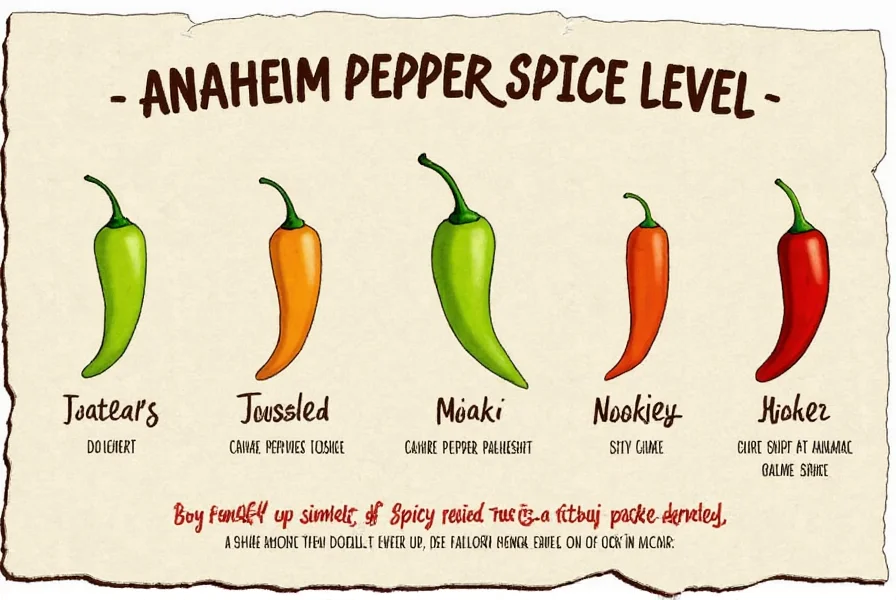
Now that we've covered the basics, let's dive into how to use these flavorful peppers in your cooking.
Cooking Uses: How to Use Anaheim Peppers
Anaheim peppers are incredibly versatile and can be used in a wide range of recipes. Here are some of the most popular ways to incorporate them into your meals:
- Stuffed Peppers: One of the most classic uses of Anaheim peppers is stuffing them with rice, beans, meat, or vegetables. Their size and shape make them perfect for this technique.
- Grilled or Roasted: Grilling or roasting an Anaheim pepper enhances its natural flavors and brings out a smoky richness. Try slicing them and adding to a salad or using them as a topping for tacos.
- Salsa or Pico de Gallo: For a mild yet flavorful salsa, try chopping up fresh Anaheim peppers and mixing them with tomatoes, onions, cilantro, and lime juice.
- Chili and Stews: Anaheim peppers add a nice depth of flavor to chili, stews, and soups. Their mild heat complements other spices without overpowering the dish.
- Pepper Relish: Make a simple relish by pickling Anaheim peppers with vinegar, sugar, and spices. It’s a great addition to sandwiches, burgers, or even grilled meats.
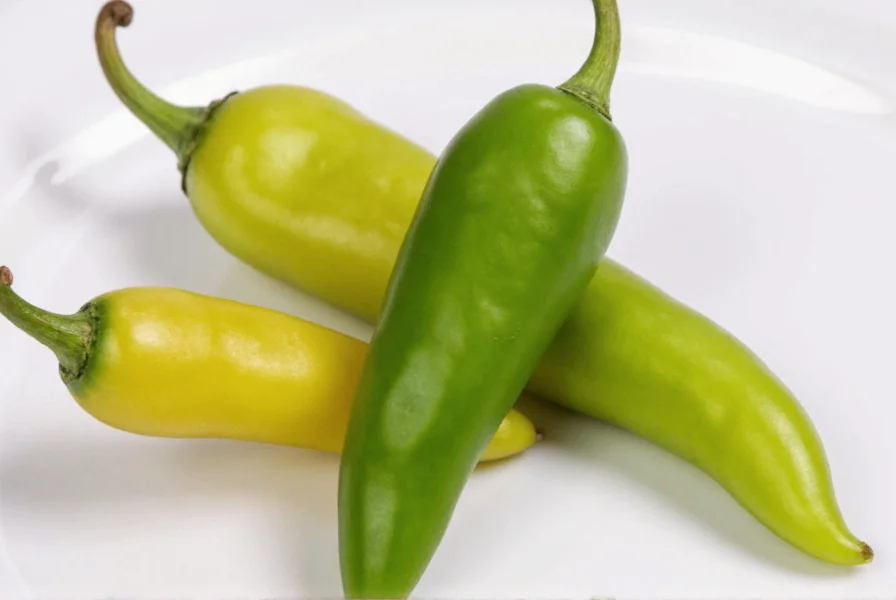
Whether you're a seasoned chef or just starting out, there's no shortage of ways to use Anaheim peppers in your kitchen. Now that you know what do anaheim peppers taste like, you'll be able to choose the right recipe based on your flavor preferences.
Buying Guide: Where and How to Choose the Best Anaheim Peppers
If you're looking to buy Anaheim peppers, here are a few tips to help you choose the best ones:
Where to Buy
Anaheim peppers are commonly found in supermarkets, farmers' markets, and specialty grocery stores. If you're lucky enough to find a local farmer growing them, they might be even fresher than store-bought options.
How to Choose
When selecting Anaheim peppers, look for ones that are firm, smooth, and free from blemishes. The color should be bright green, though they can also be found in yellow or orange when fully ripe. Avoid peppers that are soft, wrinkled, or have dark spots.
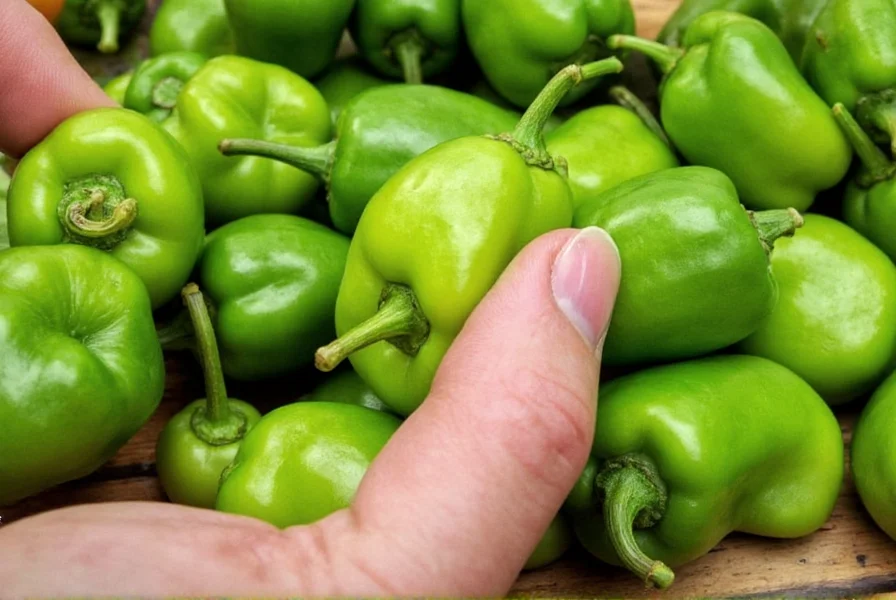
Storage Tips
To keep your Anaheim peppers fresh, store them in a cool, dry place or in the refrigerator. If you plan to use them within a few days, a paper towel-lined container in the fridge works well. For longer storage, you can freeze them whole or sliced.
Comparison: Anaheim vs. Other Common Peppers
Now that you know what do anaheim peppers taste like, it might help to compare them with other common peppers to understand how they stack up:
| Pepper | Heat Level | Taste Profile | Best Uses |
|---|---|---|---|
| Anaheim | Mild (0–1,000 SHU) | Mildly sweet, earthy, and slightly smoky | Stuffed peppers, salsas, roasting, and grilling |
| Jalapeño | Moderate (2,500–8,000 SHU) | Crunchy, tangy, and slightly spicy | Guacamole, salsa, and tacos |
| poblano | Moderate (1,000–1,500 SHU) | Earthy, slightly sweet, and smoky | Stuffed peppers, chiles rellenos, and sauces |
| Bell Pepper | No Heat (0 SHU) | Sweet, crisp, and juicy | Salads, roasting, and stir-fries |
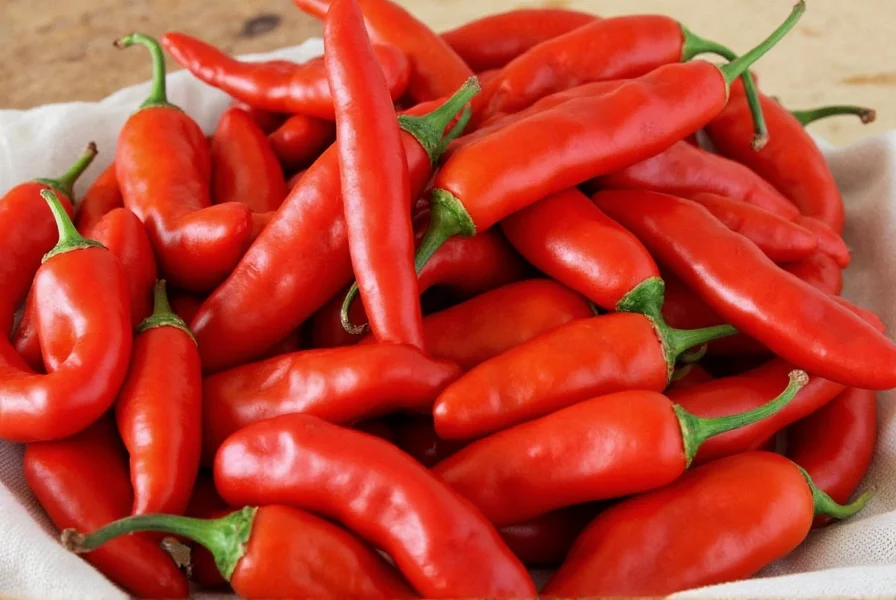
This table shows that while Anaheim peppers are not the spiciest, they offer a unique balance of flavor that makes them stand out. If you're looking for something that's mild but full of flavor, Anaheim peppers are a great choice.
Conclusion: Embrace the Warmth of Anaheim Peppers
In conclusion, the question of what do anaheim peppers taste like can be answered with one word: delicious. With their mild heat, subtle sweetness, and earthy undertones, they are a fantastic addition to any kitchen. Whether you're cooking for yourself or entertaining guests, Anaheim peppers offer a versatile and flavorful option that's easy to work with and hard to resist.
So next time you're at the grocery store or planning a meal, don't forget to pick up a few Anaheim peppers. You might just discover a new favorite ingredient that transforms your dishes into something special. After all, sometimes the best flavors come from the simplest ingredients.
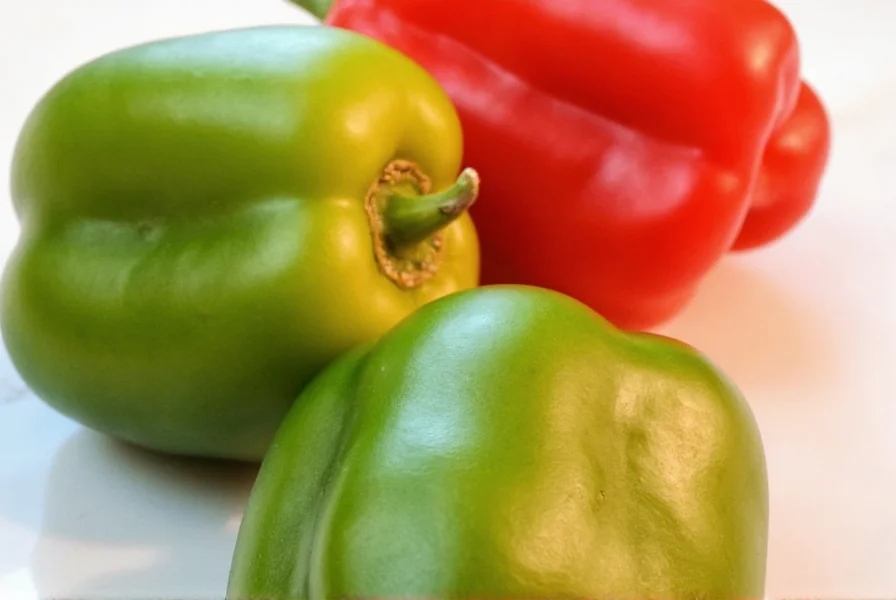

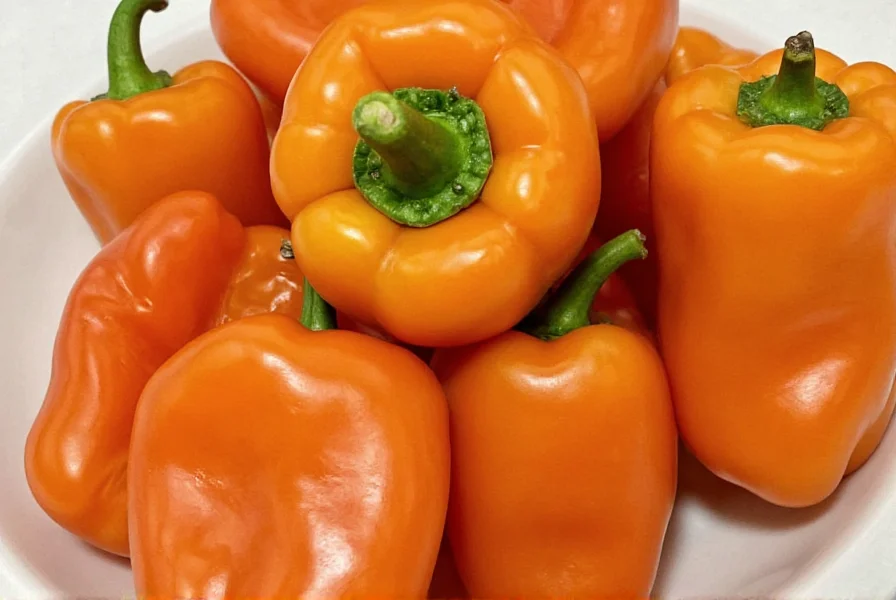









 浙公网安备
33010002000092号
浙公网安备
33010002000092号 浙B2-20120091-4
浙B2-20120091-4